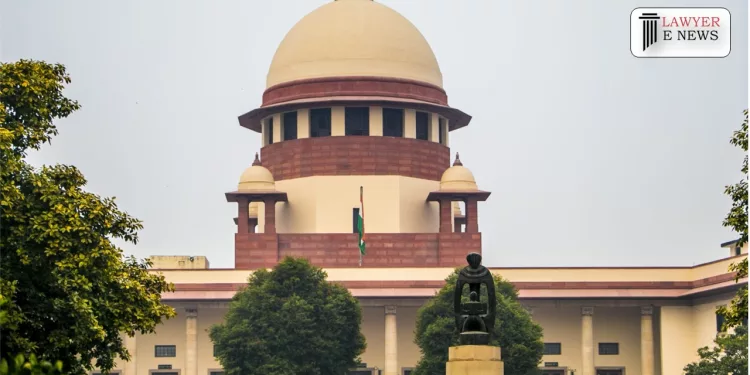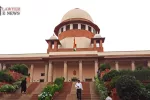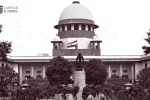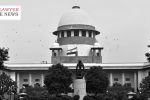Guilty Do Not Walk Free on Technicalities: Supreme Court Acquits Appellants, Calls for Dependable Code of Investigation

In a significant judgment that could set new standards for police investigation and admissibility of evidence, the Supreme Court of India called for a “consistent and dependable code of investigation.” The Court, consisting of Honorable Justices B.R. Gavai, J.B. Pardiwala, and Sanjay Kumar, made it clear that gaps and inconsistencies in the prosecution’s case would extend the benefit of doubt to the appellants, leading to their acquittal.
The judgment, delivered on September 21, 2023, focused on a murder case and significantly elaborated on when the accused can be said to be in ‘police custody’ for the admissibility of confessions under Section 27 of the Evidence Act. “An individual must be formally ‘accused of an offence’ and in ‘police custody’ for Section 27 of the Evidence Act to apply,” the Court clarified. Any confessions made without attaining this legal status would be inadmissible under Section 26 of the Evidence Act.
Justice B.R. Gavai was quoted as saying, “The manner in which the police tailored their investigation, with complete indifference to the essential norms in proceeding against the accused and in gathering evidence; leaving important leads unchecked and glossing over other leads that did not suit the story that they had conceived; and, ultimately, in failing to present a cogent, conceivable and fool-proof chain of events pointing to the guilt of the appellants, with no possibility of any other hypothesis, leaves us with no option but to extend the benefit of doubt to the appellants.” [Para 38]
The Court also emphasized the need for scientific police investigations. It mentioned past reports criticizing the current state of police investigations in India and stressed that a dependable code of investigation should be established. “It is high time, perhaps, that a consistent and dependable code of investigation is devised with a mandatory and detailed procedure for the police to implement and abide by during the course of their investigation so that the guilty do not walk free on technicalities, as they do in most cases in our country,” stated the judgment. [Para 38]
Ultimately, citing “numerous gaps and inconsistencies in the prosecution’s case,” the Court concluded that “the appellants must be given the benefit of doubt, leading to their acquittal.” [Para 38]
The judgment is expected to have far-reaching implications, particularly on how police investigations are conducted and how evidence is considered admissible in court.
Date of Decision: September 21, 2023
Rajesh & Anr.vs The State of Madhya Pradesh






